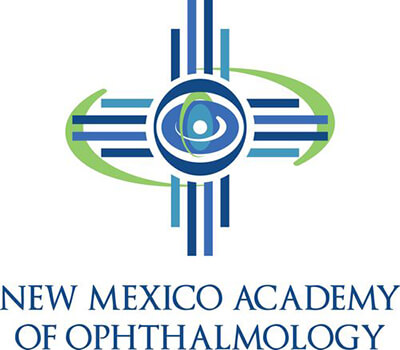Virus puts nonemergency health care on hold

Published in Albuquerque Journal on Friday, March 27th, 2020
NMAO President Rachel Davis featured. Excerpt below.
If you need to see your primary care physician, his or her office should be up and running.
But if you were scheduled to have your teeth cleaned, your eyes checked, your spine adjusted, cataracts removed or were gearing up for a routine colonoscopy, you’re going to have to wait.
Many medical providers ranging from dentists to eye surgeons to chiropractors have been restricting their practices for the past three weeks in an attempt to avoid spreading the COVID-19 virus.
In some cases, certain procedures are banned for the next three months – unless delay would seriously affect the patient’s health – under an order issued Wednesday by Gov. Michelle Lujan Grisham designed to conserve supplies of protective gear.
Some providers have closed completely, while others have restricted clients to emergencies only.
Psychiatrists, psychologists and mental health counselors have started using teleconferencing to talk with patients rather than meeting face-to-face.
Physical and occupational therapists have been making individual decisions on how to treat patients, in some cases using online video calls.
And patients themselves are weighing whether they want to be in close contact with providers based on their own health and health risks if they caught the COVID-19 virus.
The governor’s “stay-at-home” order is scheduled to expire April 10. There has been no word on whether an extension is under consideration.
Restricted procedures
Therapists, chiropractors, acupuncturists and optometrists are not covered by the governor’s latest order, but many have restricted their practices until the pandemic runs out of steam.
State licensing boards have advised providers to follow protocols from the Centers for Disease Control and Prevention when treating patients in their individual specialties.
But dentists and doctors performing surgeries, including joint replacements or eye surgeries, are faced with a new set of restrictions designed to preserve stockpiles of personal protective gear – masks, gowns and gloves – used by doctors, nurses and medical technicians working with people who have caught the virus or testing people who may have contracted it.
Lujan Grisham’s order shuts down all but essential surgeries for the next three months.
It dovetails with her “stay-at-home” order and school closures implemented in an attempt to limit the spread of coronavirus and overwhelming New Mexico’s hospitals.
It applies to hospitals, ambulatory surgical facilities, dental, orthodontic and endodontic offices statewide.
Eye care
Dr. Rachel Davis
Ophthalmologists are medical doctors who perform a number of procedures, including surgery.
Dr. Rachel Davis, president of the New Mexico Academy of Ophthalmology, said most eye surgeons started putting nonessential procedures on hold two weeks before Lujan Grisham’s latest order based on the advice of their national academy and the CDC.
“In a normal week, I might do 10 to 12 surgeries for glaucoma. This week, I did one,” said Davis, who is director of Glaucoma Service at the University of New Mexico Health Sciences Center.
Patients whose conditions are stable using medication can have their prescriptions renewed by telephone or online without an office visit, while doctors will still be able to operate on patients who are in danger of losing their sight because of conditions like glaucoma, detached retinas or other eye traumas.
“Patients with glaucoma and cataracts tend to be older and higher risk for the virus, so there is no need for them to come into a waiting room unless it is absolutely necessary,” Davis said.
Patients who have had recent surgeries do need to come into the office for a checkup.
“Glaucoma patients have to have the pressure in their eye measured,” Davis said. “That requires a close examination, but we’ve added safety shields to the equipment. It has changed the way we practice.”
Most cataract removal surgery falls under the governor’s order, although it had already been cut back.
The normally bustling Albuquerque Ambulatory Eye Surgery Center in Northeast Albuquerque had a sign dated March 19 that said it was closed to implement additional protocols for safety of patients and staff. Next door at Eye Associates of New Mexico, a sign on the door said services were being limited to “retina injections, pre-operative visits, post-operative visits and urgent eye issues.”
